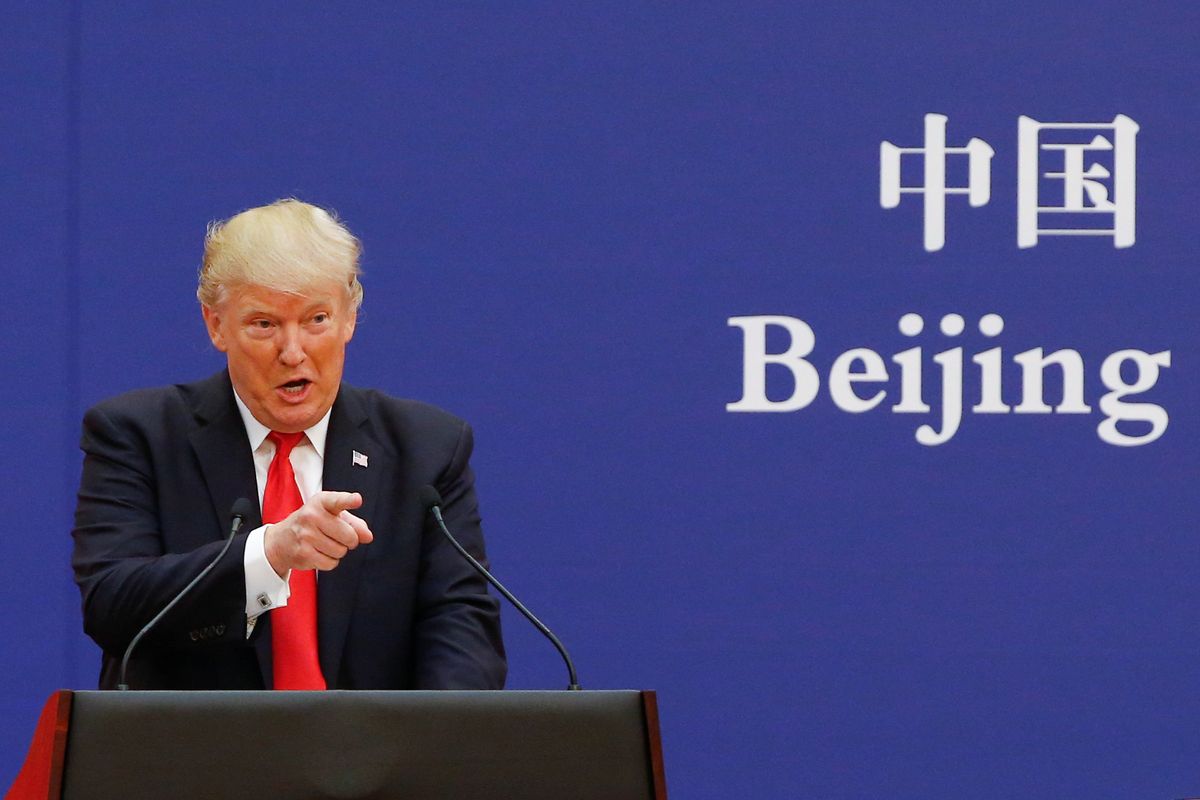In your Tuesday edition, I wrote about the new US-Mexico-Canada trade agreement—known variously as the USMCA, “New NAFTA,” or the “Tremendous Rejiggered Unbelievable Manufacturing Pact”—and why it’s a political win for Donald Trump.
But there’s another noteworthy aspect of this deal that has since become public.
There’s a stipulation near the end of the new agreement that parties to the deal must notify the other members three months in advance if they intend to begin trade negotiations with a “non-market” economy (that would be China). They must also explain what they intend to negotiate and why.
In addition, before signing any such trade deal, the other members have the right to review its terms to assess what impact it might have on their own economies. Any breach of these terms could terminate the USMCA.
In other words, the US claims the right to essentially veto any trade deal that Canada or Mexico might negotiate with China, which the US insists, not without reason, is a “non-market economy.” Canada’s Prime Minister Justin Trudeau claimed this week that this stipulation in no way undermines Canada’s right to choose its own trade partners, but it appears to force Canadian (and Mexican) negotiators to choose between access to China’s market and access to the US market.
This may well become a contentious issue as lawmakers in Canada, Mexico, and the US debate the deal’s ratification.


















